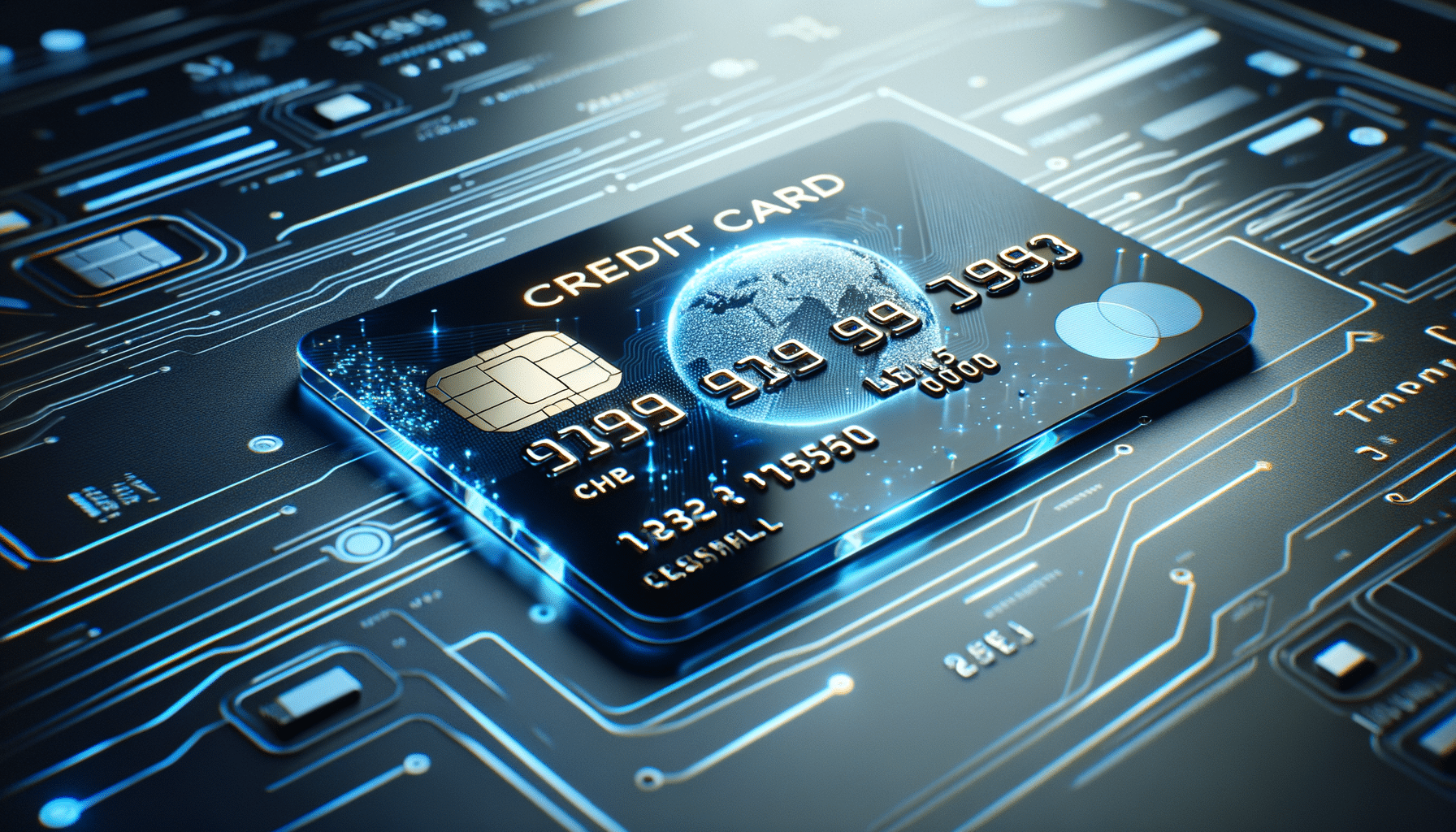
Learn More About Credit Cards
Understanding Credit Cards: A Financial Tool
Credit cards have become an integral part of modern financial management, offering a convenient way to make purchases without the immediate need for cash. They provide a line of credit that can be used to pay for goods and services, with the flexibility of paying back the borrowed amount over time. However, understanding the intricacies of credit cards is crucial to avoid financial pitfalls. Each card comes with its own set of terms and conditions, including interest rates and fees, which can significantly impact your financial health if not managed properly.
One of the key benefits of credit cards is their ability to build credit history. Responsible usage, such as making timely payments and keeping balances low, can enhance your credit score, making it easier to secure loans or mortgages in the future. Additionally, credit cards often come with rewards programs, offering points or cashback on purchases, which can be a significant advantage if used wisely.
However, the convenience of credit cards can also lead to overspending. It’s essential to be aware of your spending habits and ensure that you do not exceed your financial means. Understanding the terms of your credit card, such as the annual percentage rate (APR) and any associated fees, is vital to avoid unexpected charges. By staying informed and using credit cards responsibly, you can leverage their benefits while minimizing potential risks.
Interest Rates and Fees: What to Watch Out For
Interest rates and fees are critical components of credit card usage that can significantly affect your finances. The annual percentage rate (APR) is the interest charged on unpaid balances, and it varies between credit cards. Some cards offer introductory rates, which can increase after a specified period. It’s important to understand how these rates work and how they can impact your payments.
Fees are another aspect to consider when using credit cards. Common fees include annual fees, late payment fees, and foreign transaction fees. These can add up quickly if not managed properly. For instance, a late payment fee can be charged if you miss the payment deadline, which can also negatively impact your credit score.
To manage these costs, it’s advisable to pay off your balance in full each month to avoid interest charges. Additionally, reviewing your credit card statement regularly can help you stay on top of any fees and ensure there are no unauthorized transactions. By understanding and managing interest rates and fees, you can use credit cards more effectively and avoid unnecessary expenses.
Choosing the Right Credit Card for Your Needs
Selecting the right credit card involves evaluating your financial habits and needs. With various options available, it’s essential to compare the features and benefits of different cards to find one that aligns with your lifestyle. Consider factors such as rewards programs, interest rates, and fees when making your decision.
For those who travel frequently, a credit card with travel rewards may be beneficial, offering points for flights or hotel stays. If you prefer cashback, look for cards that offer a high percentage on everyday purchases. It’s also important to consider the credit limit and how it fits with your spending habits.
Another factor to consider is the customer service and support offered by the credit card issuer. Having access to reliable customer service can be invaluable if you encounter issues or have questions about your account. By carefully evaluating your options, you can choose a credit card that not only meets your financial needs but also provides added value.
Responsible Credit Card Usage
Responsible credit card usage is key to maintaining financial health and avoiding debt. It involves making informed decisions about when and how to use your credit card. One fundamental practice is to keep track of your spending to ensure you do not exceed your budget.
Paying your credit card bill on time each month is crucial to avoid late fees and interest charges. Setting up automatic payments or reminders can help you stay on top of your due dates. Additionally, try to pay more than the minimum payment to reduce your balance faster and save on interest.
Monitoring your credit card statements for any unauthorized transactions is another important aspect of responsible usage. This can help you detect fraud early and take appropriate action. By practicing responsible credit card usage, you can enjoy the benefits of credit cards while minimizing potential risks.
Building and Maintaining a Good Credit Score
Your credit score is a reflection of your creditworthiness and plays a significant role in your financial life. It is influenced by factors such as payment history, credit utilization, and the length of your credit history. Building and maintaining a good credit score can open doors to better financial opportunities, such as lower interest rates on loans.
To build a good credit score, it’s important to make all your payments on time, as payment history is a major component of your score. Keeping your credit utilization low, ideally below 30% of your credit limit, can also positively impact your score. Additionally, maintaining a mix of credit types, such as credit cards and loans, can demonstrate your ability to manage different forms of credit.
Regularly checking your credit report for errors and disputing any inaccuracies is another way to protect your credit score. By taking these steps, you can build and maintain a good credit score, which can enhance your financial stability and provide more opportunities in the future.


